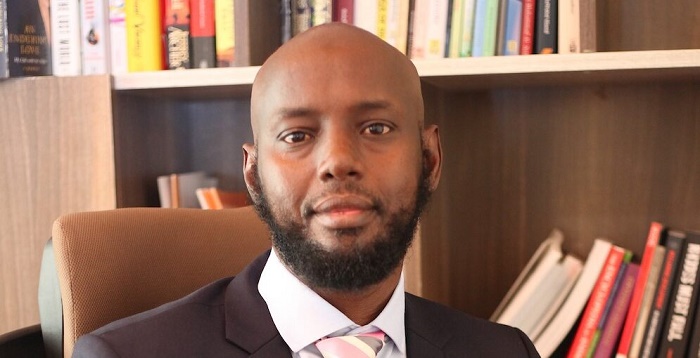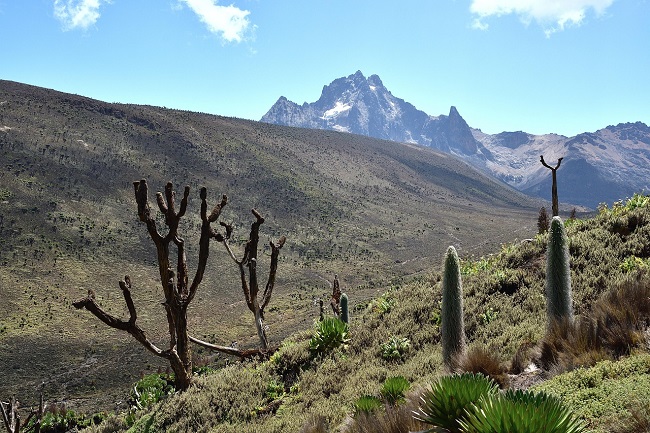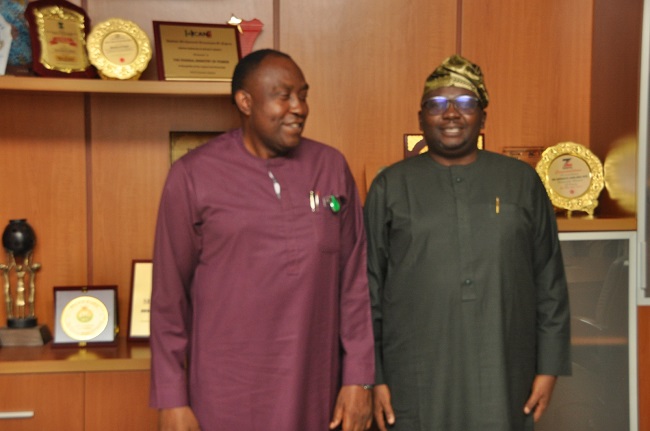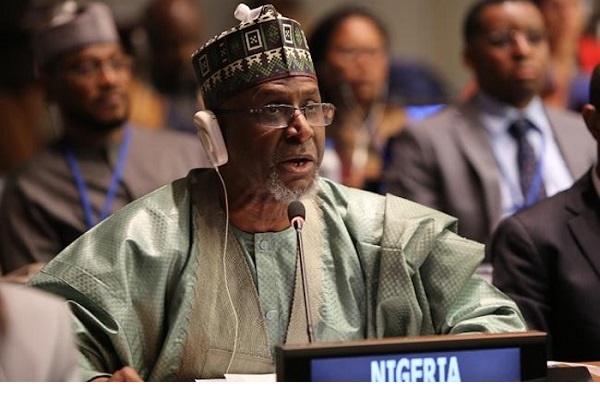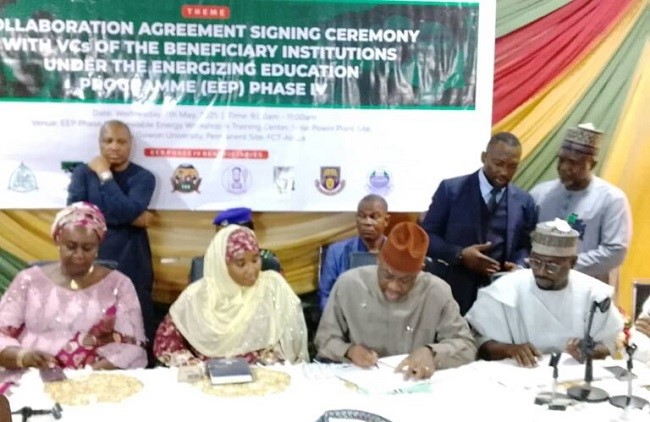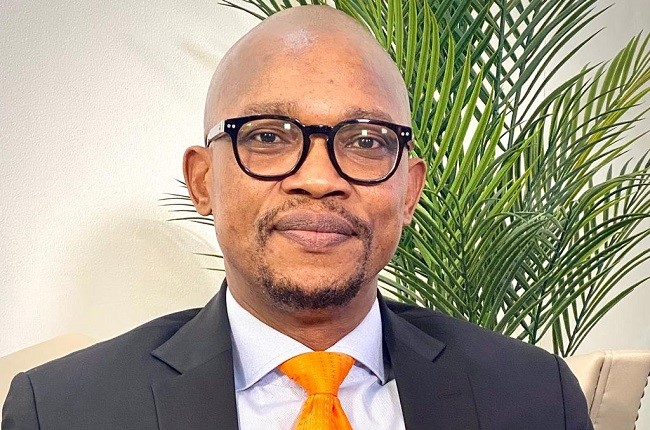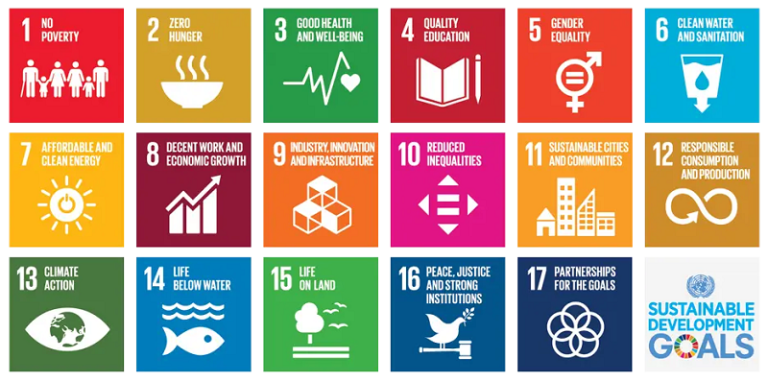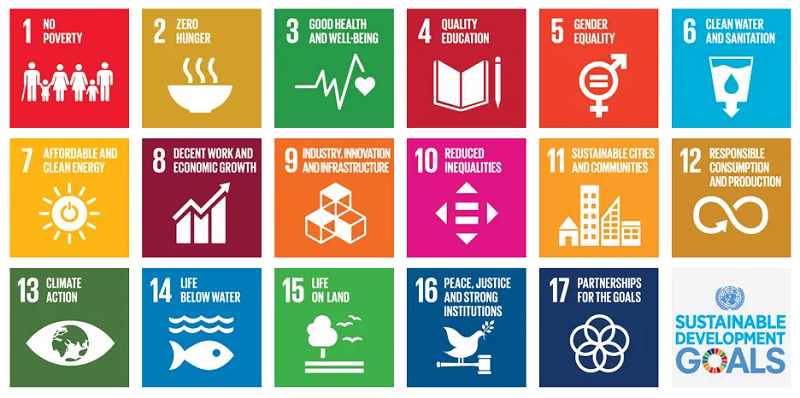As court hearings unfold this week in the Western Cape High Court, small-scale fishers and coastal communities from across the Northern and Western Cape in South Africa have united with civil society organisations, The Green Connection and Natural Justice (the applicants), to resist oil and gas exploration in Block 5/6/7 – a marine region critical to their survival.
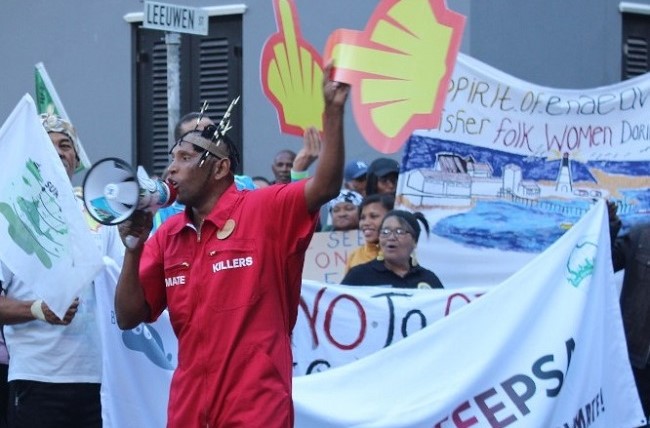
Through the legal challenge, the applicants seek a judicial review of the Environmental Authorisation (EA) granted in 2023 to TotalEnergies for offshore drilling activities. They also fiercely oppose Shell’s bid to join the proceedings, raising urgent alarms over governance failures and environmental risks. The organisations are represented by environmental law firm, Cullinan & Associates Inc.
“This is not only a legal battle,” says small-scale fisher, Walter Steenkamp (Northern Cape), “it’s a fight to defend our livelihoods, our culture, and the ocean that sustains us. As small-scale fishers, we face so many challenges but yet we are excluded from decisions that directly impact our futures. Offshore oil and gas projects pose a huge threat to the marine ecosystems we rely on for food and income. But it’s not just about economics – fishing is in our blood. It’s who we are. Our traditions, our identity, and our knowledge of the sea have been passed down through generations. If we lose our ocean, we lose our heritage.”
South Africa’s coastal communities, who have historically been dispossessed and marginalised, are calling for decision-making processes that do not compound historic inequalities by ignoring the very people whose futures are most at risk. Communities say it is time to challenge decisions that threaten their livelihoods and deepen environmental injustice.
The Green Connection’s Strategic Lead, Liziwe McDaid, says: “It is so relevant that we are kicking-off these court proceedings just as Africa Month begins – especially with its call for ‘Justice for Africans through reparations’ – because this fight is about protecting our continent’s resources and people’s rights. If we consider the potential impacts of an oil spill or well blowout, it could decimate local fisheries that depend on them. Yet the EA was granted with no detailed blowout contingency plan. In our view, this undermines the principle of sound, inclusive governance.”
Another small-scale fisher, Deborah Mcquin (Western Cape), says: “We are trying to stop a disaster before there is a need for reparations – because once damage is done, it is often difficult or impossible to fully repair. You cannot compensate a community for a destroyed ocean or a lost way of life. Prevention must be our priority, and that starts with respecting rights and following the law.”
According to McDaid, there is no legal basis for Shell to be joined to the proceedings – which challenges the government’s approval of TotalEnergies’ (TEEPSA) proposed offshore drilling activities.
“Shell was neither part of the original EA application nor has there been any lawful transfer of the authorisation to the Dutch multinational. In fact, according to our calculations, the exploration right has already lapsed. Shell’s claim to a right that we believe no longer exists undermines proper environmental governance.”
Natural Justice Programme Manager, Melissa Groenink-Groves, further explains that Shell’s supposed interest in the matter is both premature and procedurally flawed. She says, “Total (or Shell) need both an exploration right and an environmental authorisation to conduct the exploration drilling. South African law permits only three renewals of an exploration right – each valid for two years – and that limit was reached in 2021. Their third renewal application should not be permitted to hang in perpetuity, just because Total waited until their third renewal to apply for its environmental authorisation.”
The Environmental Authorisation was granted in 2023 and, following an appeal to the Minister of Forestry, Fisheries and the Environment, The Green Connection and Natural Justice launched a judicial review application in the Western Cape High Court in March 2024. This was to challenge the decisions of the Director-General and the Minister. In April this year (2025), Total filed a “joinder application”, seeking to include Shell as a party in the legal proceedings concerning block 5/6/7.
“The Environmental Authorisation (EA) was granted without properly assessing the devastating impact an oil spill could have on small-scale fishers, without accounting for climate change, and without making oil spill contingency plans available as part of the environmental impact assessment process.
“It failed to meet legal standards under our coastal management laws, ignored cross-border environmental risks for our neighbours in Namibia. The Minister, in her appeal decision, also mistook the input from the Petroleum Agency as that of the decision-maker. This is not good, strong environmental governance but rather seems like a recipe for disaster,” concludes Groenink-Groves.
The applicants argue that the government’s approval of the EA failed to assess the climate, ecological and socio-economic risks of offshore oil and gas activities, particularly on marginalised fishers who depend on marine health for survival. Dozens of small-scale fishers and coastal community members travelled from Northern and Western Cape to the Cape High Court to make their voices heard, while others held actions around the country, in solidarity.
“They ignore our voices and call it development. But how is it development if it destroys our livelihoods? Oil spills don’t care about borders. If there’s a blowout, it could wipe out our fish stocks, our tourism, everything. That’s not development – that’s devastation,” adds small-scale fisher, Emelin Mitchell (Western Cape).
Judgment has been reserved in the matter.


